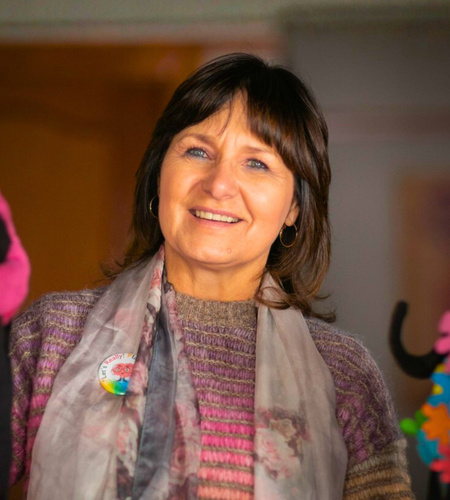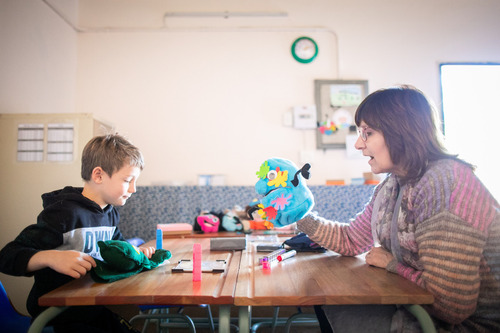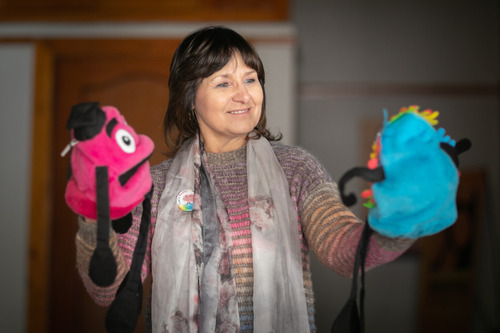
Holistic approach to increase numerical literacy across the globe
With UN reports showing that more than a quarter of South African children are struggling with numerical literacy, the absence of mathematical skills and confidence is becoming a growing national concern. Inspired by her research into neurodevelopmental disorders, Dr Petro Erasmus has developed a holistic approach to teaching children about mathematics. The PEN Play Initiative aims to tackle neuropsychological obstacles, ensuring every child has the building blocks required to master numeracy.
Innovation and Impact: Cognitive Development Through Play
With the UN finding sub-Saharan Africa to have the lowest global rate of proficiency in reading and mathematics, Petro has developed a product which uses play to form neural memory pathways, helping pupils to understand maths through storybooks, board games, and even the use of puppetry. The PEN Play Initiative focuses on psychology, education, and neurology – highlighting the importance and value of looking at all aspects holistically. The UN’s Sustainable Development Goals are central to its ethos, with its primary motivation of providing universal quality education being prescribed by these goals. Further to this, the initiative is instilling future generations with mathematical competence and confidence in harmony with the goal of promoting inclusive economic and social growth, and a productive form of employment for all.
Petro cites impatient teachers, unsupportive parents, and undiagnosed learning difficulties among children as contributory factors leading to an arduous experience of learning mathematics. “Through my research, we realised we can’t just focus on maths as a subject – we needed to look at emotional intelligence, coping strategies, and impulse control.” By focusing on cognitive development and developing emotional resilience through play therapy, PEN Play ensures communities around the world can have access to quality education. This innovative approach to optimising brain development allows for easy translation into different languages, supporting a reduction in global discrepancies of educational attainment, and is primed for an international rollout of its service.

Through my research, we realised we can’t just focus on maths as a subject – we needed to look at emotional intelligence, coping strategies, and impulse control.
Dr Petro Erasmus
How has LIF Impacted your Business and Future Plans?
Petro says “everything changed” following her involvement in the LIF programme. “The first time I met the people at LIF, I felt out of my depth, but they were so warm and welcoming.” She praises the ongoing nature of the programme’s support: “Even four or five years later, they're still supporting me, which is amazing.” Her mentor has been especially valuable in this regard, while LIF has underscored the importance of connecting research to the sustainable development goals.
PEN Play already facilitates ten jobs in maths centres across South Africa, and individualised interventions could benefit neighbouring countries including Botswana and Mozambique. Future plans include the integration of augmented reality and virtual reality, harnessing big data to change content and adjust cultural contexts within a unified app. In the meantime, Petro plans to build on her existing connection with The Dyscalculia Association in the UK, running workshops to further her impact in alignment with the UN SDGs: "LIF opened my eyes to the fact that we need to be able to measure the impact of our research, and we need to connect our research to the sustainable development goals".
Even four or five years later, they're still supporting me, which is amazing.

Looking to find out more about our entrepreneurs?
Click below to find out more about the entrepreneurs from this year's programme.
